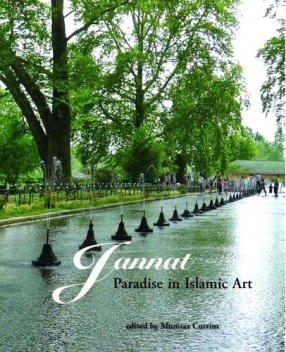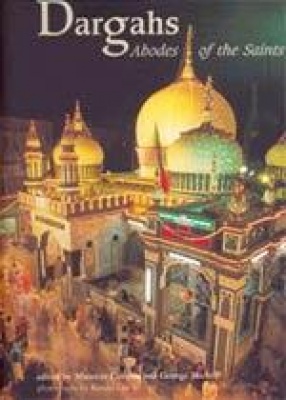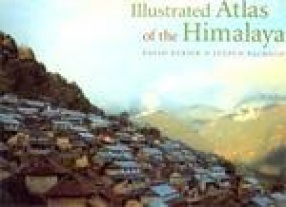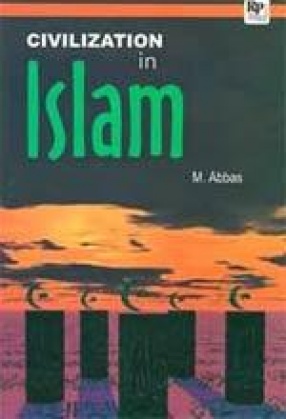Paradise is reflected in Islamic art and culture in distinctive ways with remarkable ideological continuity in the Muslim world. Related to eschatological and cosmological beliefs its representations in Islamic art have evolved from descriptions of paradise and the cosmos in the Quran and early Islamic texts where paradise is seen as a maqam abode or station of everlasting peace, beauty, and bliss, without fear or fatigue. The term often used to describe paradise is Jannat or gardens.
This volume on Jannat in Islamic art celebrates earthly majesty to touch upon the mystery of the divine presenting both renowned and lesser known images of paradise from the Indian subcontinent. It includes expressions in calligraphy and monumental inscriptions landscaped gardens, chahar bagh mausoleums, mystic invocations, Dakhani romance, journey through the heavens in Persian verse, community hymns and popular art. Focussing on a theme not dwelt upon at length before the writers here present important contributions in the listing of Islamic art and culture and the Islamic presence in India.






There are no reviews yet.